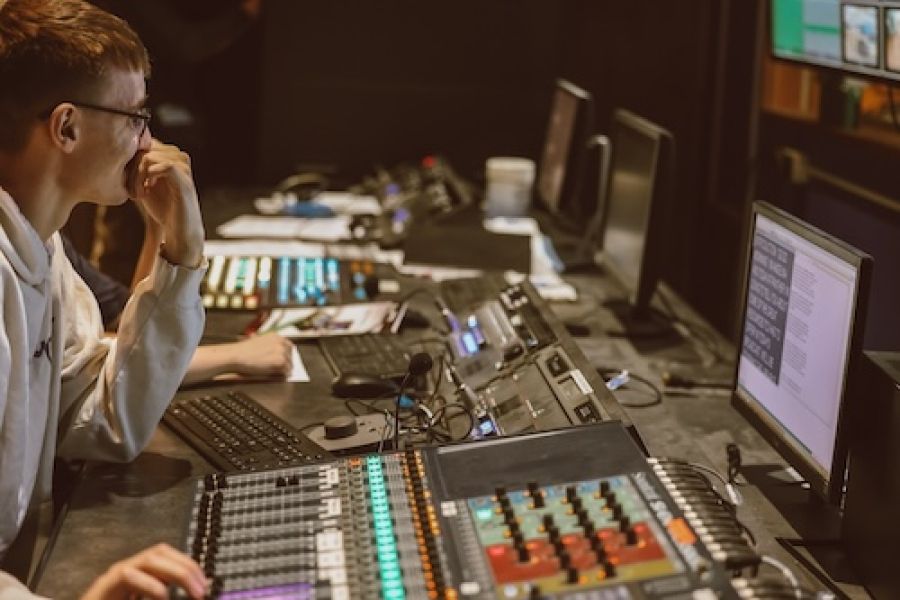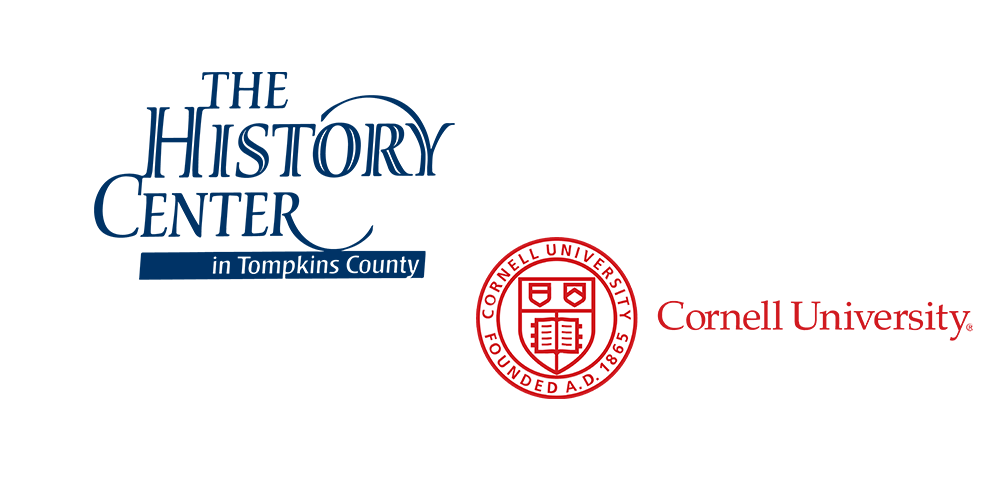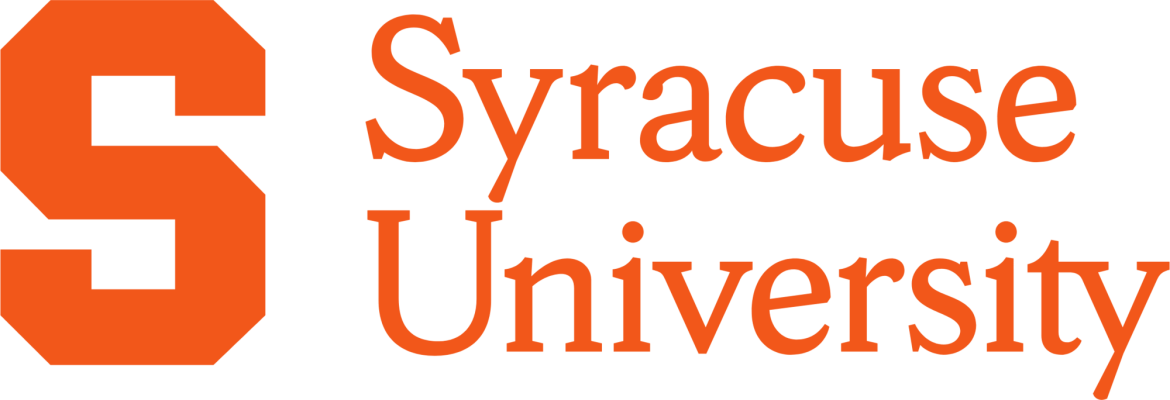New Media
This program is designed to give you the first two years of a bachelor’s degree.
What You'll Learn
Integrate design, communication, and production to thrive in digital storytelling careers.
Develop creative and technical skills for today’s digital world—combining design, video, photography, and web production. Local employers and freelance markets alike seek professionals who can create engaging visual content across multiple platforms. You’ll build a strong portfolio and gain experience with industry software and storytelling techniques that prepare you for careers in marketing, design, media production, and communication.
Where You’ll Go

Audio and Video Technicians
- Notify supervisors when major equipment repairs are needed.
- Diagnose and resolve media system problems.
- Compress, digitize, duplicate, and store audio and video data.
- Direct and coordinate activities of assistants and other personnel during production.

Producers and Directors
- Plan details such as framing, composition, camera movement, sound, and actor movement for each shot or scene.
- Communicate to actors the approach, characterization, and movement needed for each scene in such a way that rehearsals and takes are minimized.
- Direct live broadcasts, films and recordings, or non-broadcast programming for public entertainment or education.
- Research production topics using the internet, video archives, and other informational sources.

Camera Operators, Television, Video, and Film
- Compose and frame each shot, applying the technical aspects of light, lenses, film, filters, and camera settings to achieve the effects sought by directors.
- Operate television or motion picture cameras to record scenes for television broadcasts, advertising, or motion pictures.
- Adjust positions and controls of cameras, printers, and related equipment to change focus, exposure, and lighting.
- Confer with directors, sound and lighting technicians, electricians, and other crew members to discuss assignments and determine filming sequences, desired effects, camera movements, and lighting requirements.
Salary information presented are estimates and can be different for each individual based on education, experience, and the specific employer. Labor market data is based on 2025 estimates derived from Lightcast (Career Coach | Lightcast)
The careers listed above are just a starting point. Our programs mix together important concepts and hands-on skills—but that doesn’t mean your future has to follow the same script. Find out more at Career Exploration & Support.

Program Requirements
To graduate [ 62-65 credits + 2.0 GPA or higher ]
| Course ID | Course Name | Credits | Minimum Grade |
|---|---|---|---|
| ENGL098 | Accelerated Writing Skills for ENGL 100 | 3 | |
| RDNG116 | College Reading and Study Skills | 3 |
| Course ID | Course Name | Credits | Minimum Grade |
|---|---|---|---|
| ART 111 | Photography I | 3 | |
| ART 117 | Design Foundations I | 3 | |
| ART 120 | Drawing I | 3 | |
| ENGL100 | Academic Writing I | 3 | |
| or GENERIC | A student exempt from ENGL100 must substitute a three-credit liberal arts elective. The course should be in consultation with the student’s advisor. | ||
| FSS 137 | Freshman Seminar-New Media | 1 | |
| SUNY GE #3 Mathematics | Mathematics | 3 - 4 |
| Course ID | Course Name | Credits | Minimum Grade |
|---|---|---|---|
| ART 212 | Digital Photography | 3 | |
| ART 213 | Dynamic Media I | 3 | |
| ENGL101 | Academic Writing II | 3 | |
| or ENGL101H | Academic Writing II-Honors | 3 | |
| SUNY GE #6 Social Science | Social Science | 3 | |
| UNRE ELEC | Unrestricted Elective | 3 |
| Course ID | Course Name | Credits | Minimum Grade |
|---|---|---|---|
| ART 101 | Art History: Ancient to Early Medieval | 3 | |
| ART 214 | Dynamic Media II | 3 | |
| ART 233 | Animation | 3 | |
| ART 261 | New Media Portfolio | 1 | |
| COMM115 | Introduction to Digital Video | 3 | |
| ENGL201 | Public Speaking | 3 | |
| or ENGL201H | Public Speaking - Honors | 3 | |
| or ENGL204 | Interpersonal Communication | 3 | |
| or ENGL210 | Intercultural Communication | 3 |
| Course ID | Course Name | Credits | Minimum Grade |
|---|---|---|---|
| ART 102 | Art History: Renaissance to Contemporary | 3 | |
| ART 254 | Advanced Media Design | 3 | |
| ENGL102 | Approaches to Literature | 3 | |
| or ENGL102H | Approaches to Literature-Honors | 3 | |
| Liberal Arts and Science - Math/Natural Science | Math/Natural Science | 3 - 4 | |
| or Liberal Arts and Science - Humanities | Humanities | 3 - 4 | |
| or Liberal Arts and Science - Social Science | Social Science | 3 - 4 | |
| SUNY GE #4 Natural Sciences | Natural Sciences | 3 - 4 | |
| or GENERIC | A Lab science is recommended. The course should be chosen in consultation with the student’s advisor based on the intended four-year transfer program |
| Transfer School Sort descending | Transfer Program |
|---|---|
Transfer School: Hobart and William Smith Colleges |
Transfer Programl: Multiple Programs |
Transfer School: Syracuse University |
Transfer Programl: College of Professional Studies |


Student & Faculty Stories
On this page
Attend a Discovery Day!
Curious about TC3? Discovery Days give you an inside look at our campus, programs, and an opportunity to connect with the staff and faculty who are here to support you. Click the link below to register for our Arts, Media, and Humanities Discovery Day!